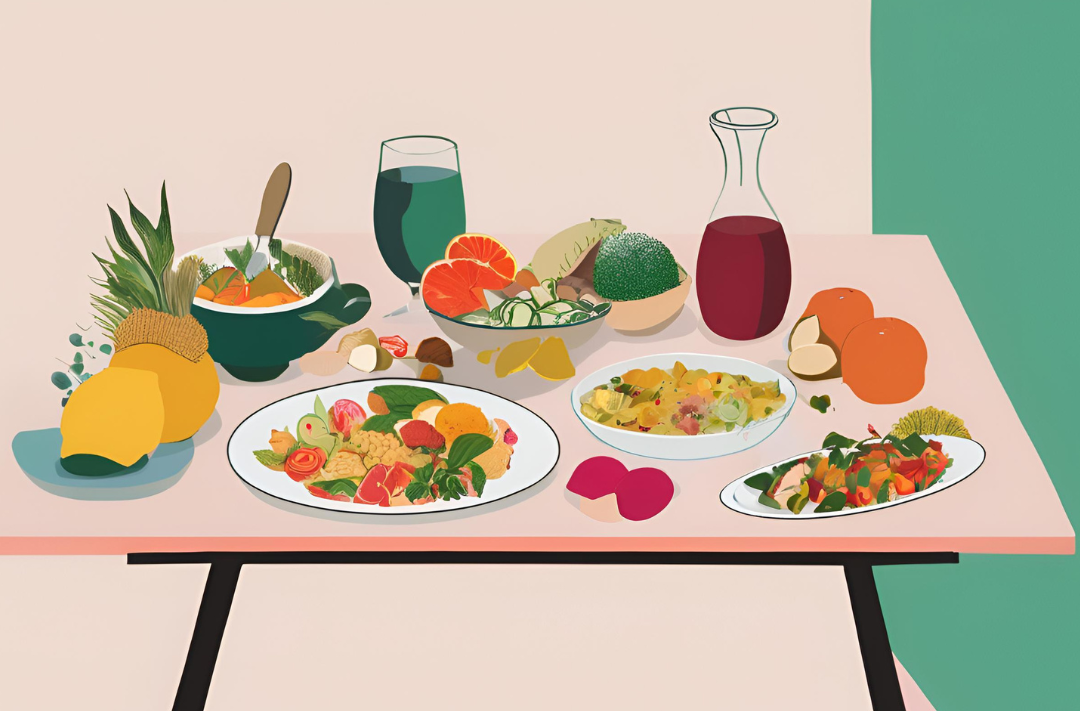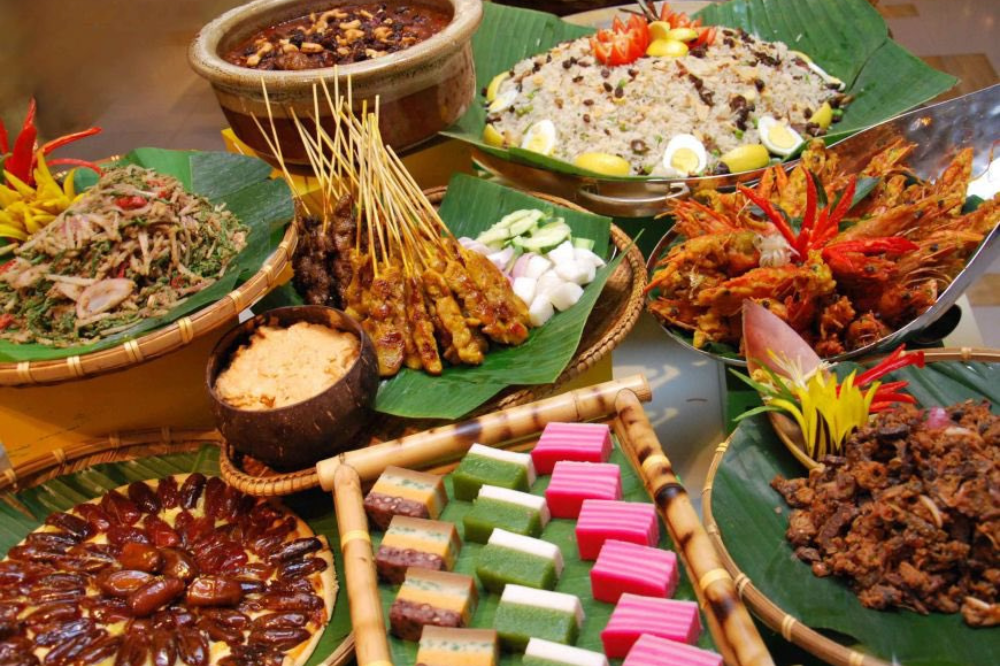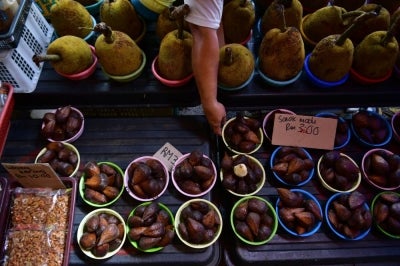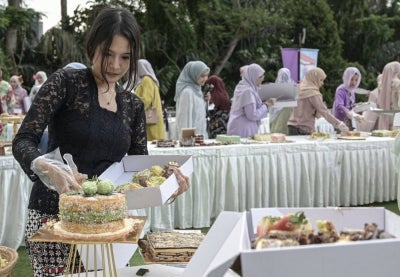Don't let your sugar spike after iftar, here's how to break fast the right way
What you consume after a whole day of fasting makes all the difference.

After a long day of fasting, it is tempting to dive into a feast of sugary treats and carbohydrate-laden dishes.
However, did you know that what—and how much—you eat when breaking your fast can make all the difference? With Ramadan upon us, this is something to reflect on.
Overindulging in refined carbohydrates can cause blood sugar spikes, leading to post-iftar sluggishness, while extreme hunger often results in overeating.
The key? A balanced meal with complex carbohydrates, protein, healthy fats and fibre to keep your energy steady and your body feeling good all evening long.
Dietitian Mohd Siddeq Azha Azahari explained that during Ramadan, metabolism functions much like it does on regular days.
However, the nature of iftar often results in a significant increase in carbohydrate intake.
The common practice of indulging in sugary drinks, kuih and other festive treats can trigger a rapid spike in blood sugar levels, followed by a sharp decline, leading to sluggishness and fatigue.
He added that many people face this issue each year due to the excessive consumption of low-quality carbohydrates.

“A balanced meal remains key to maintaining energy and well-being.
The ideal plate includes a mix of complex carbohydrates, high-quality protein, healthy fats and fibre.
For most individuals with a normal body mass index (BMI), the ‘Quarter-Quarter-Half’ concept works well.
“Ramadan bazaars offer a variety of meal options, such as Nasi Ayam, Nasi Kerabu, Nasi Briyani and Ayam Penyet, but these dishes tend to be carbohydrate-heavy.
"Some meals, like Nasi Ayam Percik, may lack fibre, while noodle-based dishes might not provide sufficient protein.
“The best approach is to complement meals with additional fibre or protein from a Nasi Campur stall to ensure a more complete and nutritious meal,” he said in an interview with Sinar Daily.
Siddeq pointed out that a frequent mistake during iftar is indulging in snacks like martabak, popiah and kuih, often paired with large amounts of sugary drinks.
He explained that the festive atmosphere and the limited availability of Ramadan treats frequently lead to overbuying, which can result in excessive calorie consumption or unnecessary food waste.
“To avoid this, always select a balanced main meal first, assess its satiation, and then decide if additional snacks are necessary.
“Planning purchases in advance, buying in controlled portions and sharing treats with family or friends can help prevent overeating.
“Additionally, setting a budget for bazaar spending can help curb unnecessary indulgence while also protecting your finances,” he added.
Due to prolonged fasting and extreme hunger, he noted that it is easy to overconsume if portions are not predetermined.
The sunnah practice of breaking fast with dates provides fibre, which aids in satiety and prevents overeating.
“Relying solely on deep-fried or high-sugar foods at iftar does not provide lasting satiety, increasing the likelihood of excessive snacking during moreh; the supper taken usually after the unique Tarawih prayers during Ramadan.
Moreh options are often calorie-dense with limited fibre and protein, further contributing to weight gain.
“Instead, prioritising a balanced main meal at iftar—along with dates, plain water and fibre-rich foods—ensures better nourishment while still allowing room to enjoy Ramadan treats in moderation.
“A practical approach is to slightly reduce the carbohydrate portion of the main meal and limit gravies, allowing for the inclusion of two small kuih and a mildly sweetened beverage without excessive calorie intake," he suggested.
Siddeq emphasised that while iftar is an important meal, sahur is just as crucial for maintaining energy throughout the fasting period.
“With careful planning, it is possible to enjoy Ramadan delicacies without compromising health.
“By maintaining mindful eating habits, one can fully embrace the spirit of Ramadan while keeping health and well-being in check,” he said.
Download Sinar Daily application.Click Here!















